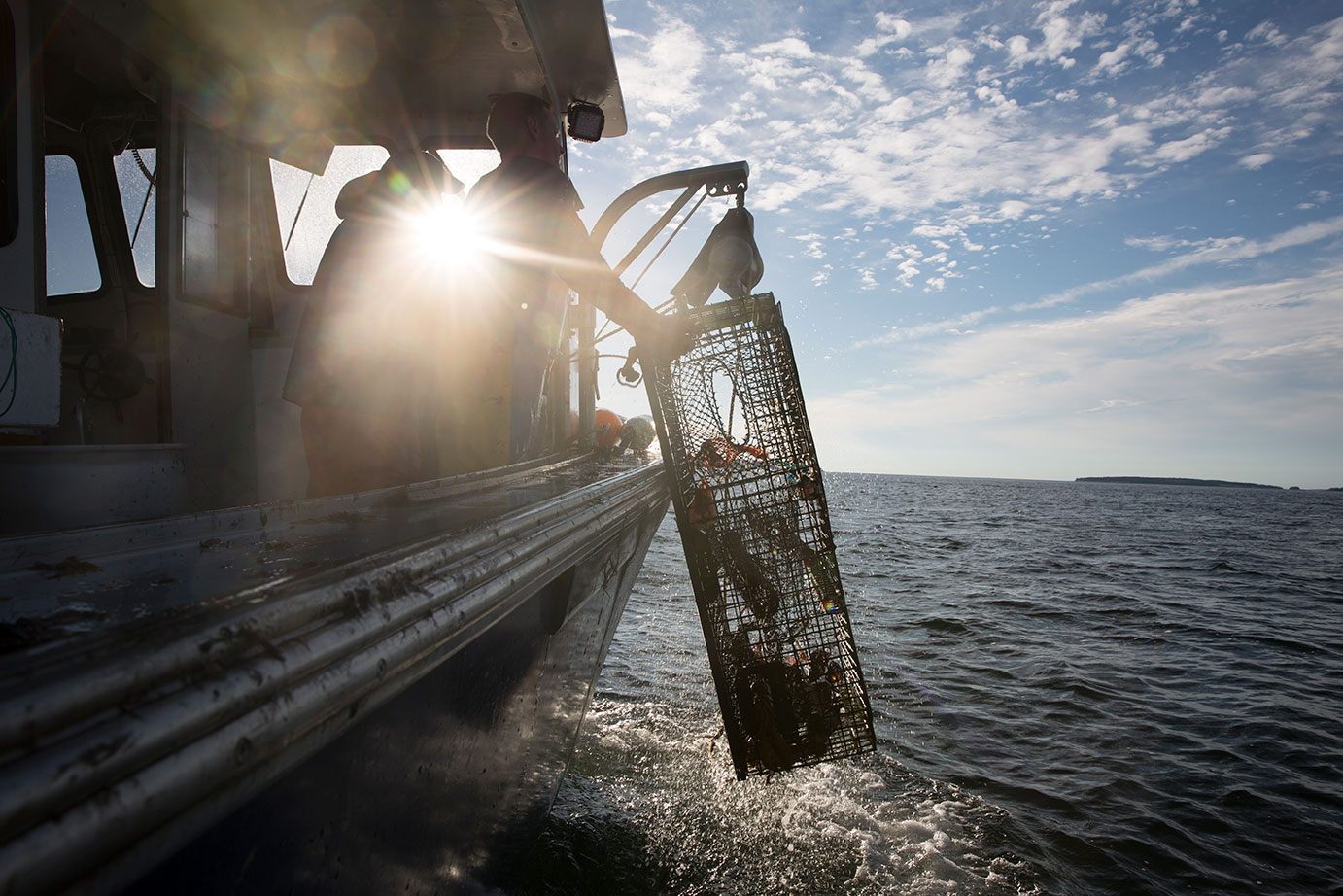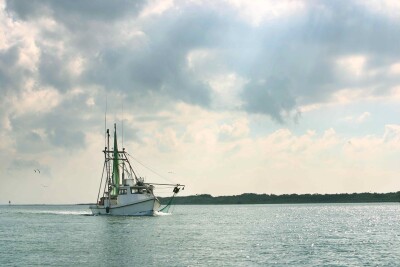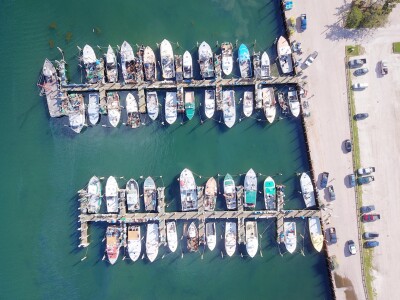An announcement from Maine's Department of Marine Resources on Wednesday had lobstermen collectively asking: What is a blackbelly rosefish?
The short answer is a South American fish with the same classification as local redfish, which has helped the fish become the 29th species on Maine's list of approved lobster bait.
Representatives from the lobster industry have been working to expand the list of approved species, as the quotas for the industry-preferred Atlantic herring continue to be slashed year over year.
The Atlantic herring quota was just shy of 50,000 metric tons in 2018 after a stable average of 110,000 metric tons annually in the early 2000s. The 2019 quota was slashed by 70 percent to about 15,000 metric tons, resulting from poor recruitment. The next stock assessment is scheduled to be conducted in June 2020, but deeper cuts are already recommended for 2020-21.
“Maine is working diligently to meet our needs for lobster bait by expanding approved sources that are safe and will not cause damage to the ecosystem in the Gulf of Maine,” said Rep. Genevieve McDonald (D-Stonington), who is also a lobsterman, hailing from the state's lobster capital. “The approval of both menhaden from the Gulf of Mexico and blackbelly rosefish are a step forward in providing lobstermen with safe and affordable alternatives to Atlantic herring.”
The first truck of IQF Gulf of Mexico menhaden is expected to arrive in Stonington this week.
On June 28, the Department of Marine Resources added whole blackbelly rosefish to the list, which New Brunswick-based Cooke Aquaculture will be working to supply from offshore Uruguay in South Atlantic waters. Maine's DMR is requiring the fish to be kept frozen and tracked through a chain of custody to prevent pathogens and invasive species from being imported for use in the Gulf of Maine.
The drive to find new sources of baitfish that will work to lure lobsters to Maine pots has been a high priority for months leading up to the fleet's peak summer and fall seasons.
“We’re very pleased by the collaborative approach Cooke and the state took to help deal with the challenges that the lobster fishery has been facing related to securing bait,” said Patrice McCarron, executive director of the Maine Lobstermen's Association.







